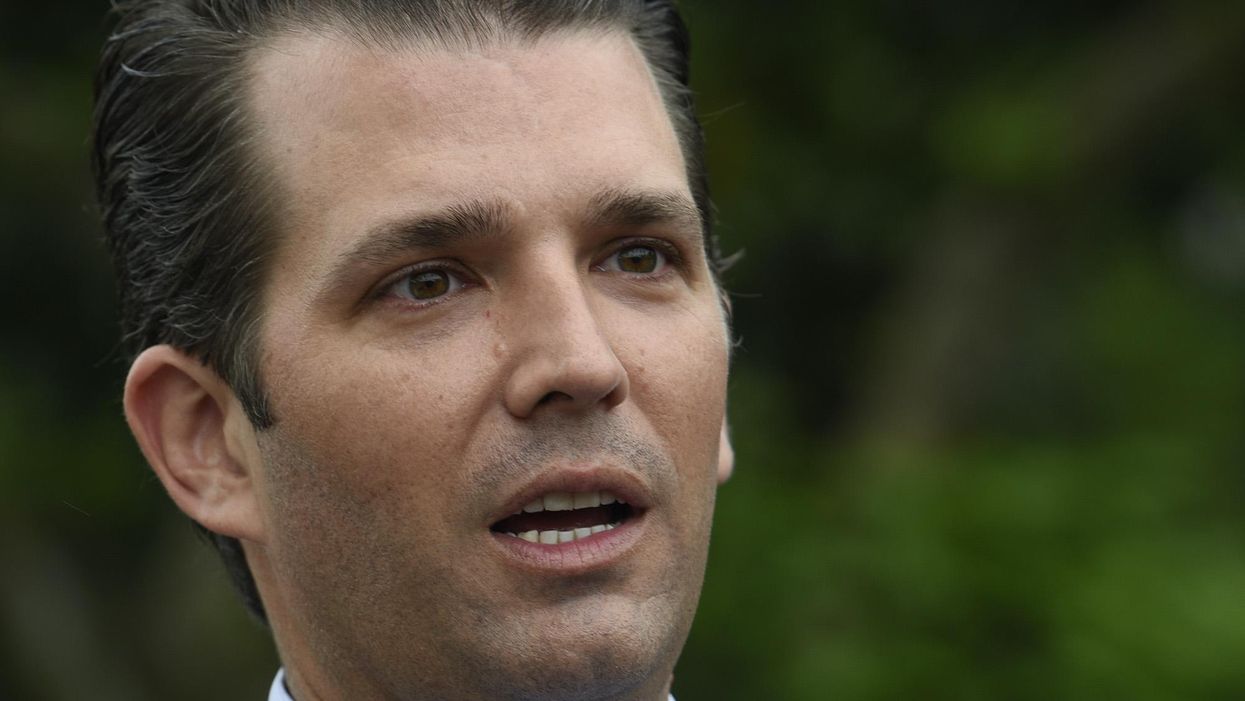
Photo by Leigh Vogel/WireImage

A federal judge ruled against Donald Trump Jr. and said Wednesday that a defamation lawsuit over his tweets against him can continue.
The lawsuit stems from comments Trump Jr. made against Don Blankenship, a failed Constitution Party candidate for West Virginia's Senate seat in 2018.
Trump Jr. urged his followers on Twitter to vote against Blankenship, but he referred to the candidate as a "felon" on the social media platform.
Although Blankenship had been found guilty of a misdemeanor involving a 2010 coal-mining disaster, he had never been convicted of a felony, and thus could not be called a felon. He served a yearlong sentence over the conviction.
Blankenship filed a civil lawsuit in federal court against Trump Jr., and accused him of defamation, false light invasion of privacy, and civil conspiracy.
"The defamation of Mr. Blankenship as a 'felon' has so smeared his reputation that he has been prevented from pursuing other businesses and opportunities and generating similar returns of billions of dollars," read the lawsuit against Trump Jr.
In his motion to dismiss the lawsuit, Trump Jr. argued that his statement was conveyed as an opinion instead of a statement of fact, and also that the tweet had been sent to a random user on Twitter, not Blankenship.
The court refused his arguments and said the lawsuit could continue.
West Virginia Judge John Copenhaver, a Gerald Ford appointee, said in his decision that Trump Jr.'s tweet showed that he knew his accusation against Blankenship was a false one.
"Based on this article that Trump, Jr. himself cites within his own quote tweet," Copenhaver wrote, "there is a plausible inference that he had knowledge of the plaintiff's conviction history in association with the mine explosion, and in particular that the conviction was a misdemeanor, not a felony."
Trump Jr. also argued that his tweet had been an "exaggeration" offering "colorful rhetoric," and that this kind of speech was protected by the First Amendment.
Copenhaver disagreed with that argument as well. The lawsuit can now proceed to trial.